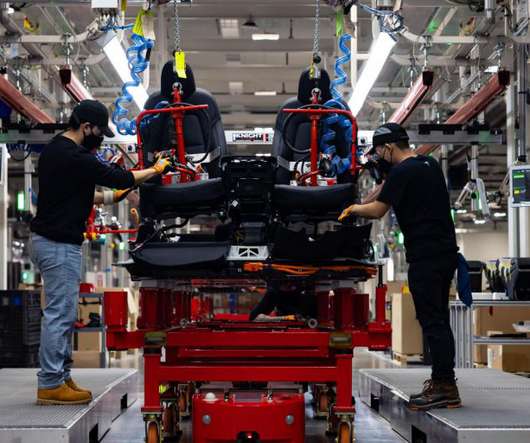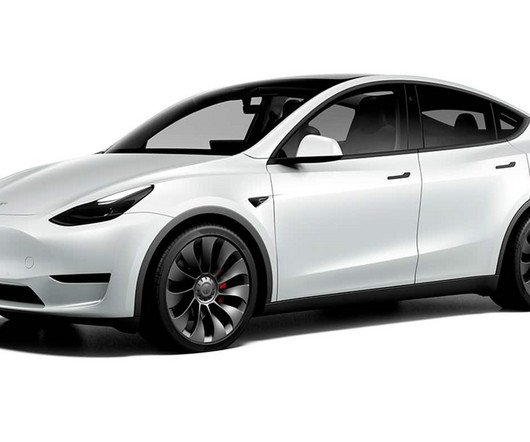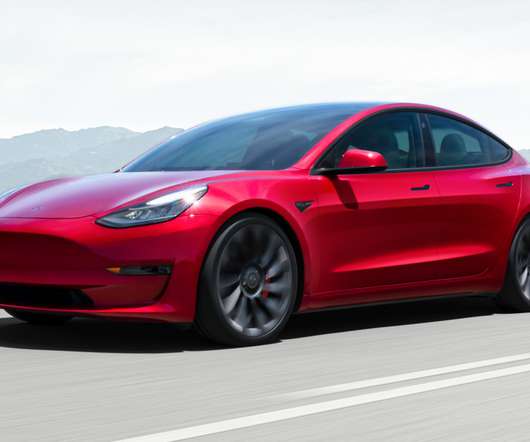Lessons From Norway’s Journey To Becoming The Global Leader In EV Adoption
Wallbox
JUNE 30, 2021
Norway leads electric vehicle (EV) adoption, boasting the highest share of new EV purchases worldwide. Compared to the USA, where EVs make up only 2% of new car sales, this gives one a good idea of Norway’s strong leadership position in terms of EV market share. It Pays To Drive Electric in Norway. in 2018 and 42.4%












Let's personalize your content